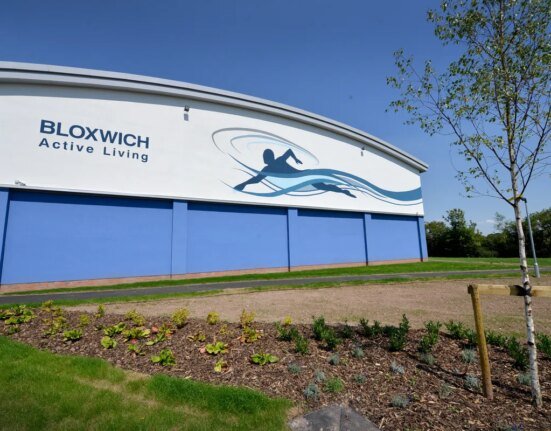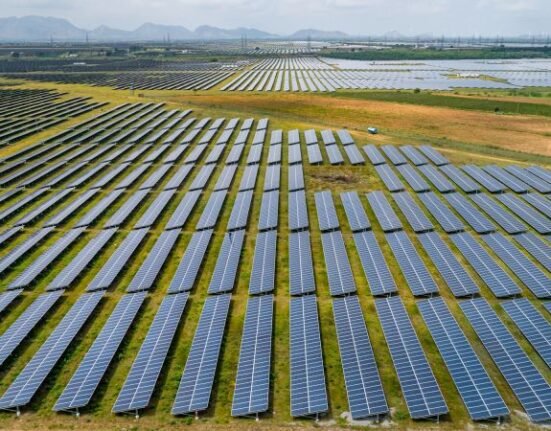A major investment may be on the horizon for a former mill town that is set to become home to the world’s largest multi-day energy storage system thanks to a nearly $150 million federal grant.
Gov. Janet Mills and members of Maine’s congressional delegation announced a $147 million grant from the U.S. Department of Energy to develop the energy storage system at the former Lincoln Pulp and Paper Mill. The system is designed to enhance grid resilience and optimize the delivery of renewable energy, according to a news release Tuesday.
According to the governor’s office, the sizable grant is part of a larger $389 million regional grant through the Bipartisan Infrastructure Law for New England states to strengthen the electric grid and advance the use of clean energy. It added that the facility will be the first of its kind in New England and the largest long-duration energy storage project in the world.
Form Energy, a green energy provider based in Somerville, Mass., said it will deploy an 85 megawatt battery system at the Lincoln Technology Park with the ability to discharge energy for up to 100 hours or just over four days. The plan includes strengthening the transmission system so it can deliver higher loads of power from renewable sources including nearby onshore wind turbines.
U.S. Sen. Angus King, an independent, said the project is a step forward with regards to the increase in extreme weather events in Maine. Hundreds of thousands of Mainers were left without power for extended periods of time after the devastating storms that hit the state in December and January.
The new system will also help Maine make significant progress toward its goal of 400 MW of energy storage installed by the end of 2030, the release noted.
The regional project, Power Up New England, also promises to upgrade interconnection points in Massachusetts and Connecticut in preparation for an additional 4,800 megawatts from offshore wind energy. The Mills administration said the new infrastructure should provide increased reliability while lowering consumer costs and greenhouse gas emissions.
“This investment will help revitalize the Town of Lincoln, formerly a mill town, while allowing New England to strengthen its electric grid to allow for the incorporation of new clean energy sources in the future,” said Republican U.S. Sen. Susan Collins.
Still very early in the process
The facility will not only advance clean energy initiatives, the officials said, but also serve as a potential boon for the community of Lincoln.
“[T]his is not just an enormous step forward for renewables and strengthening our energy infrastructure, it’s also a story of renewal for the Lincoln area,” King added.
The Lincoln mill closed in 2015 after filing for bankruptcy. When it closed, nearly 130 remaining employees were laid off, according to reporting from the Bangor Daily News.
Lincoln town manager Richard Bronson welcomed the prospect of “cutting-edge technology” to create new jobs and deliver clean energy to homes and businesses.
Do we hope this thing is coming? Sure, absolutely, but we’ve had a lot of tire kickers hoping to do a lot of different things.
– Richard Bronson, Lincoln town manager
However, he warned that the announcement comes very early in the process and there remains many details that still need to be ironed out.
He said they haven’t identified a location at the 411-acre mill site and the town knows “next to nothing” about the plans.
“We will do everything we can to help this company come on to this mill site, we will be cooperative, but this is way early in the process,” Bronson said.
In comparison, he pointed to the four years it has taken to work with Biofine Developments Northeast to develop a biofuels refinery. Construction for the refinery is slated to begin at the mill early next year.
In general, he described the closure of the nine Penobscot River paper mills, which sat from Millinocket to Bucksport, as equivalent to “a Detroit auto disaster spread a hundred miles down the river.”
“Do we hope this thing is coming? Sure, absolutely,” Bronson said, “but we’ve had a lot of tire kickers hoping to do a lot of different things.”






